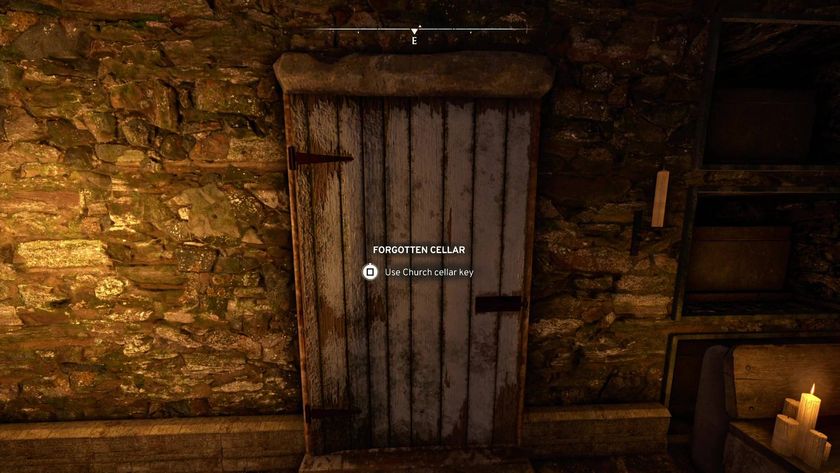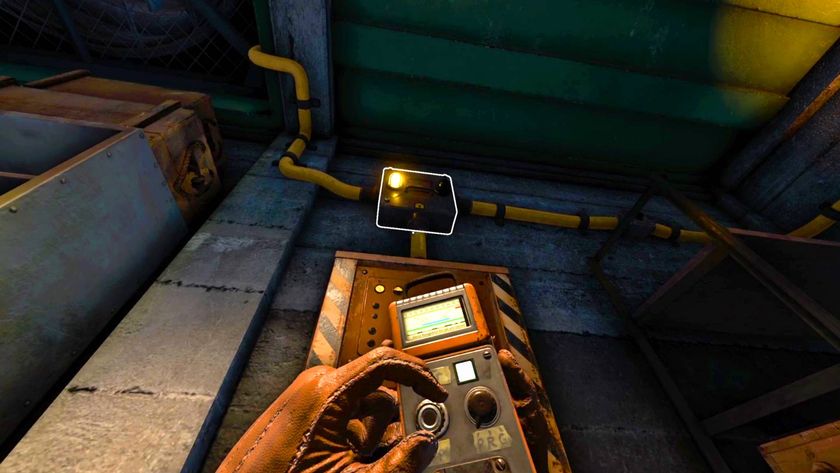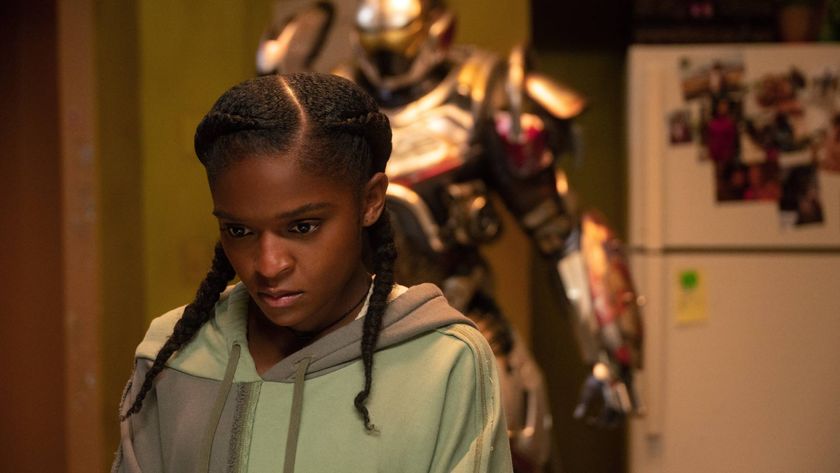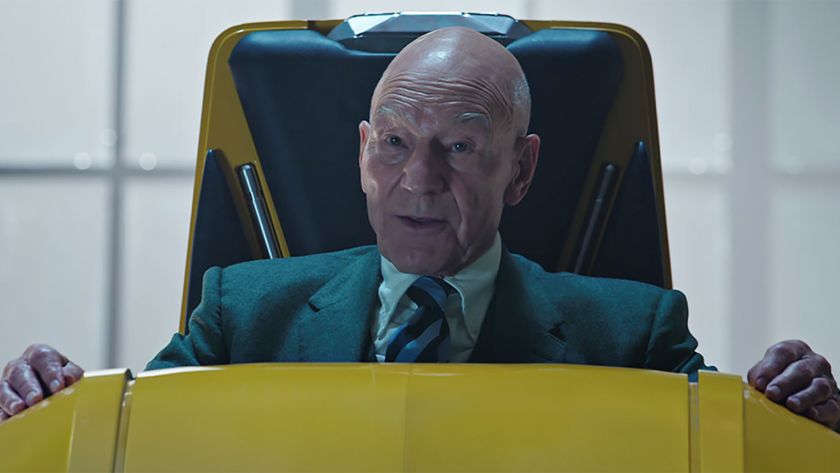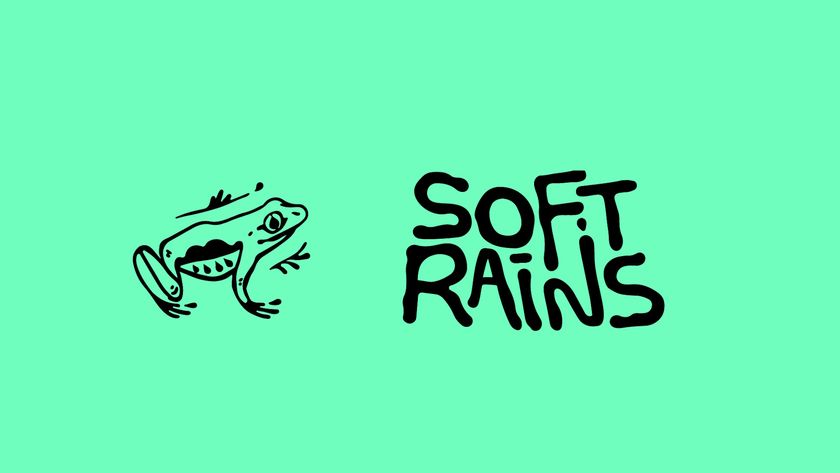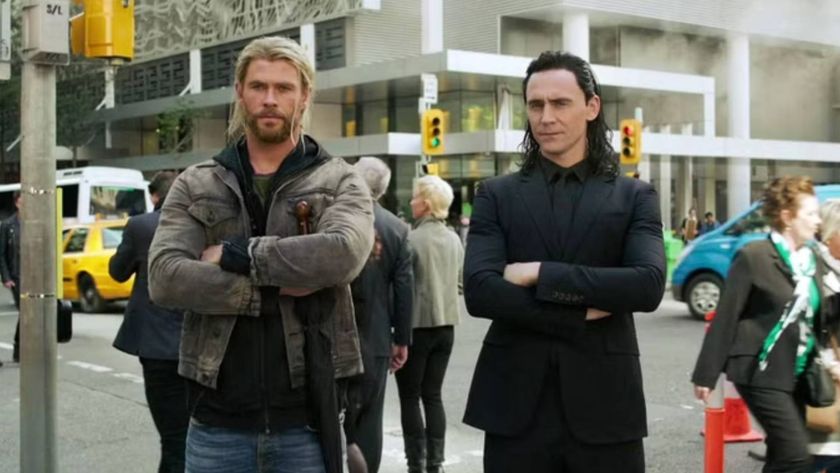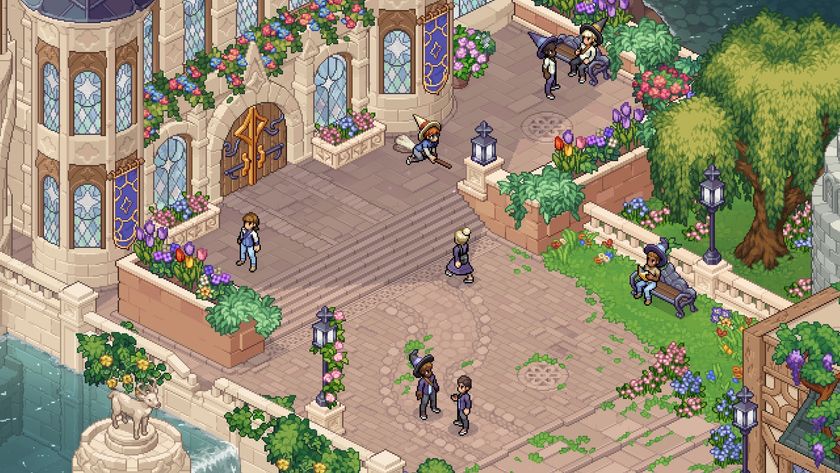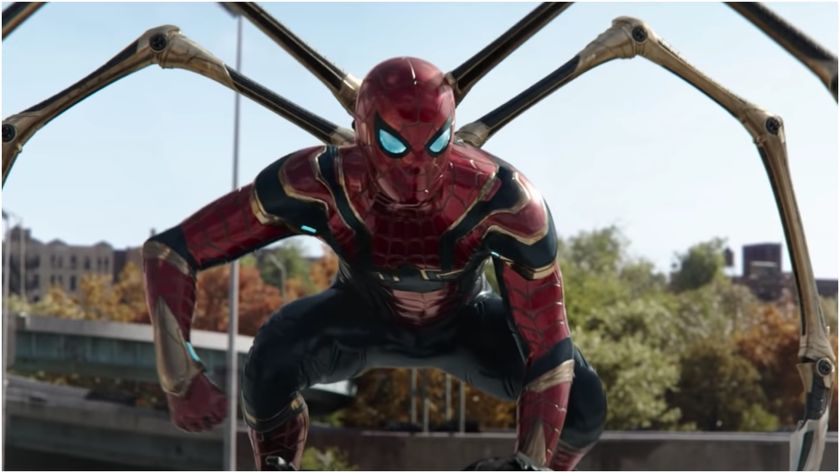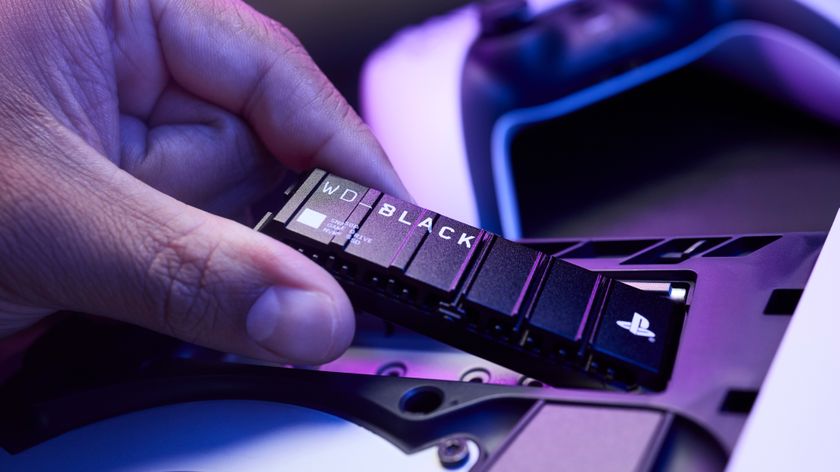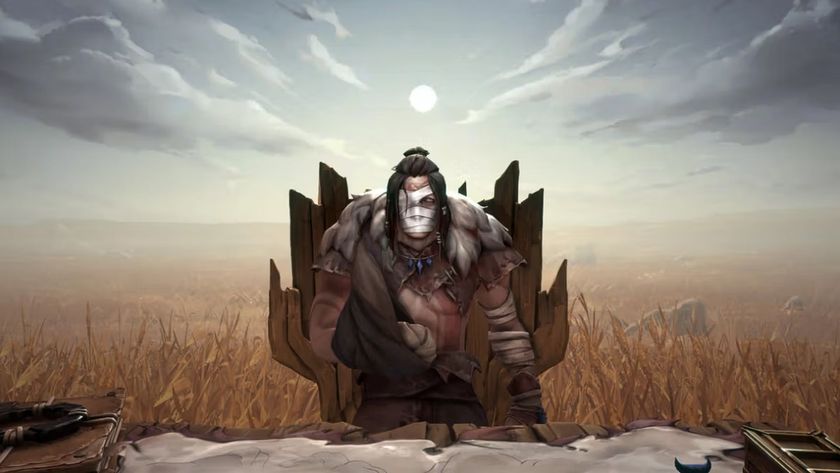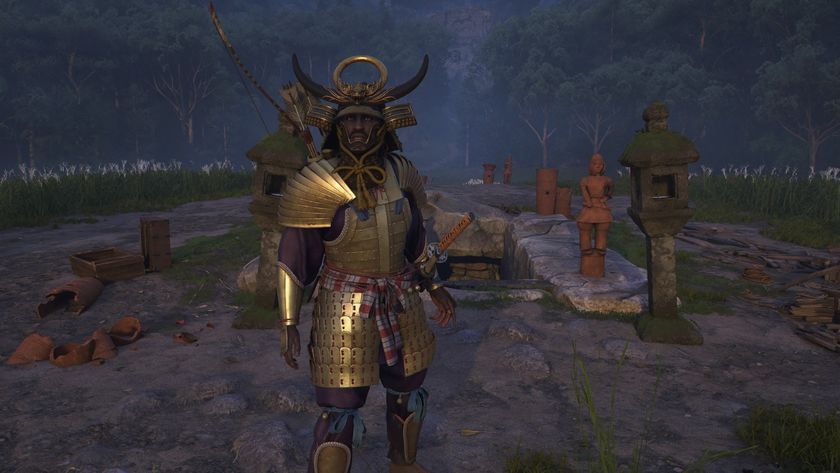Why it's time to stop hating AAA games
Give big-budget games the love they deserve
In the past few years we’ve seen a swell of hatred for what the games industry calls ‘AAA games’. For those who don’t know, AAA games are the biggest blockbusters of the year; the multi-million sellers with the multi-million dollar budgets. Think Call of Duty: Ghosts, GTA 5, Battlefield, or FIFA. They’re the most highly-polished and popular games available, and for the most-part they get the biggest scores. And--similar to other media like films and music--that popularity can bring resentment.
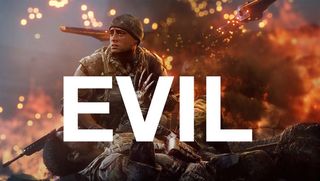
Let’s look at an example. Call of Duty is the embodiment of AAA gaming. It’s the best selling series of this generation, and each year it brings us a game that averages between 80-95% scores with the vast majority of critics. Yet here are a few comments left by real people about the announcement of this year’s Call of Duty Ghosts:
“COD: yawn”. “I can barely contain my excitement... NOT”. “Can't wait! To not play it”. “Pretty sure though that there will be some "bros" out there who's panties get wet from this announcement lol. The series died after Black Ops / Modern Warfare 3 to me. Now it's just like Guitar Hero; "Oh hey look another one! Too bad I'm not buying it ‘cause it's the same old shit!" lol”. “Let it fucking die. CoD4 was the only good one. You guys seriously need to dust off your creative departments”. Yup, people love to hate Call of Duty. In fact, there’s a lot of hate for AAA games in general. Just check out this 13 page forum thread on Steam called ‘I can’t stand AAA games anymore’.
Even the developers themselves seem set against AAA. Assassin's Creed 3 creative director Alex Hutchinson describes AAA games as a “massive arms race” and says the push for AAA games to outdo each other is “a cancerous growth”. Deus Ex creator Warren Spector has described the process of making AAA games as “soul crushing”.

Well, it’s time to stop hating on AAA. Why? AAA games are the lifeblood of the games industry. Without mega-budget games like Call of Duty, which have broken into the mainstream consciousness and put game sales on a par with many blockbuster movies, this industry would be far smaller than it is now. Without the same amount of money running through the industry, games would be less ambitious in scale and scope because finance allows development teams to grow, and buys time to push technology as hard as possible.
Yes, sales of games have been declining since 2009, but thanks to truly great AAA games like Mass Effect 3, BioShock Infinite, and Skyrim the bar for quality and content continues to rise. Not only that, but the sales of more successful games allow publishers to allocate money and resources to better DLC, riskier sequels, or original games (so, sales of Skyrim helped Bethesda fund Dishonored). It's thanks to AAA that the quality of core games continues to grow, even while the industry declines and diversifies into areas like digital download and mobile.
One argument often leveled at AAA games is that they stifle creativity, and while the AAA games need to be commercial enough to turn a profit on multi-million dollar investments, indie games can afford to push creative boundaries and sell fewer copies. Sure, it’s true that middling games like Army of Two and Dead Island feel very derivative, but true AAA titles are just as innovative as the indies. Look at smart narrative of BioShock, the visual fidelity of Uncharted 3, or the ambitious interactive features of the LittleBigPlanet series--these AAA games are constantly bringing us new ideas and ways to use our technology.
Sign up to the 12DOVE Newsletter
Weekly digests, tales from the communities you love, and more

Another reason some choose to hate AAA is popularity. As game series’ like COD grow in popularity they become adopted by more mainstream players. Sales increase, budgets go up, and the series begins to feel more and more AAA. Suddenly, that game series floods into popular culture; onto the news and mainstream media, increasing the influence and awareness of video games as a whole. All of a sudden, people know who Booker DeWitt is when you start ranting about him at parties. Great, right? Well... there's a flip-side.
Popularity can also lead to core fans accusing the series of ‘selling out’ to please their new-found audience. It’s something rock bands have been putting up with for decades, regardless of whether or not their musical direction changed. Once a player feels like the latest game in a franchise isn’t being made with them in mind, resentment kicks in. After that, it can be impossible to regain that core support regardless of how great the final game actually is.
Yes, some AAA series have made concessions to a more mainstream audience, but rarely at a detriment to the overall quality of the game. Take Mass Effect as a prime example. ME3 is a better game for all its crowd-pleasing shooter additions than the original. AAA aspirations took that series from ‘decent sci-fi RPG’ to ‘genre-leading RPG trilogy’.
Ok, we’re not saying that AAA games are faultless. Square Enix recently described sales of its latest AAA blockbusters Tomb Raider (4.5 million) and Hitman Absolution (3.6 million) as disappointing, clearly indicating that there can often be an imbalance between game budgets and sales. Maybe Square expected too much from Tomb Raider and Hitman, maybe it overspent on them. When publishers bet too much on a single project they can end up making a huge loss, which is when the AAA model falls down. Projects are cancelled, development studios close, and other publishers become even more risk averse.
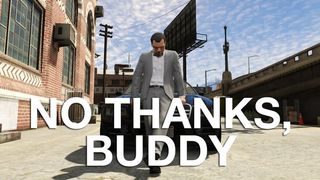
The problem isn’t the game; it’s the way that game is made and marketed. It’s the expectations placed on that game. During a recent interview on this site, Fallout creator Brian Fargo said: “I think that when those [Square Enix sales] kind of numbers are considered a failure--because you’re doing in excess of $100 million at retail--you have to start looking at the way you’re doing things. I think that this business spends way too much time looking at GTA 5 and World of Warcraft; numbers, but I’ve always found that to be a waste of time.” Simply, if you're making Army of Two, don't expect it to sell like Skyrim.
So don’t hate AAA titles. They are the biggest and best games of this generation, and without them our industry would be treading water, serving up titles created on modest budgets, and pumping out endless clones of Angry Birds. Do you fancy more ‘Birds? No. Then give AAA some love. Without it, developers certainly wouldn’t have the resources to develop more hardcore, middle-tier games like Deus Ex Human Revolution or Dark Souls.
It’s AAA games that are leading the charge into the next-generation, and I can’t wait to see the breath-taking titles coming on PS4 and the new Xbox. No, they won’t be perfect, but they will bring serious excitement and fun… and surely that’s what gaming is all about.
You know that kid at parties who talks too much? Drink in hand, way too enthusiastic, ponderously well-educated in topics no one in their right mind should know about? Loud? Well, that kid’s occasionally us. GR Editorials is a semi-regular feature where we share our informed insights on the news at hand. Sharp, funny, and finger-on-the-pulse, it’s the information you need to know even when you don’t know you need it.

